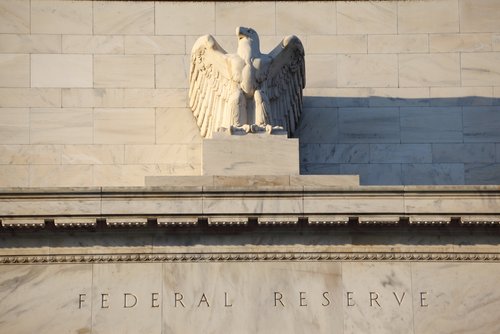The US Federal Reserve Bank (Fed) raised its policy interest rates again after a prolonged wait-and-see period. Although the rise is only moderate, the higher US interest rates could benefit the Eurozone.

The Eurozone will benefit
In December 2015, the Fed has raised its policy interest rate, the Federal Funds Rate, for the first time in 9 years. Now it has hiked rates again: to currently 0.5 to 0.75 percent. Compared to historical averages, interest rates are still very low, but the expansionary policy stance of the central bank has been very successful in recent years: the US unemployment rate declined from 10 percent in December 2009 to currently below 5 percent.
The markets are expecting further interest rate hikes for the year 2017. Many investors see inflation rise as a result of forthcoming tax cuts and infrastructure investments announced by president-elect Donald Trump. However, the markets may be too euphoric at this time since these measures are neither adopted nor decided. But even without the announced fiscal policy measures, the Fed could do several interest rate increases next year. The solid economic recovery and the stable labor market allow for this. In addition, oil prices seem to stabilize, so that inflation might rise again. The euro-dollar exchange rate has already responded with the euro having lost value.
Higher US interest rates might have a positive effect on the European economy as the weakening of the euro will cheapen exports to the USA and imports will become more expensive: the export business could thus strengthen and inflation in the euro area might rise. This would ease the pressure on the European Central Bank (ECB) to strengthen its policy measures against low inflation. Hence, there might also be an interest rate turnaround for the Eurozone on the table.
More on the topic

German Wage Policy between Inflation and Stagnation: Are Conflicts with the Aims of Monetary Policy Looming?
After the economic and financial crisis of 2008/9, the German labour market soon began to recover, creating scope for a comparatively expansive wage policy.
IW
A Macroeconomic Analysis of Wage-Price Spirals
The subject of this Analysis is the forms that wage-price spirals can take and how they influence macroeconomic stability and inflationary trends in Germany.
IW